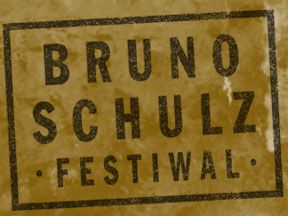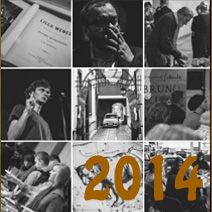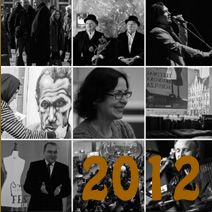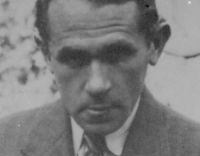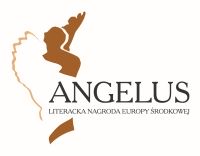The fourth day of Bruno Schulz. Festival can be summarized with two words: memory and… cats.
The fourth day of Bruno Schulz. Festival again began with “lessons under an hourglass”. This time however for middle school students. Zbigniew Mentzel, a prosaic and publicist, told the students about a feuilleton in the context of a genre, whereas Tomasz Kunz, historian and literary theorist – about Tadeusz Różewicz’s poetry.

In the same time, rather older listeners showed in Ossolineum, to take part in the science session about Stanisław Barańczuk in his seventeenth birthday anniversary. About the baroque style, metaphysicness and structuralism in his works talked among others Dobrawa Lisak-Gębala, Krzysztof Biedrzycki and Paweł Mackiewicz.

In the afternoon, we moved to… Viennnese café, and In its spirit Elżbieta Jogałła, Małgorzata Łukasiewicz, Paweł Huelle and Robert Makłowicz debated about the works of Józef Roth, However more adequate statement would be, that works of the author of “Marsz Radetzky” became a pretext to a discussion about the myth of Austro-Hungary. Józef Roth was a writer and journalist from Galicia he was also a man, who identified with monarchy, which during his life ceased to exist. It was then, when this castaway after the no longer existing empire stopped to feel like home when staying Vienna, he sold his apartment and for the rest of his life lived in hotels (Moreover he was constantly short on money). He became a man with no homeland.

But what really is this Austro-Hungary myth? Where did it come from? This question arouse a hot discussion between participants of the panel. Maybe that this myth arises from the fact that, Austro-Hungary were then the only empire, which concentrating so much nations, at some point started to use the rules of relative liberalism. Or maybe from the fact, that like nowhere else in this part of Europe assimilation succeeded (and thesis of such aroused polemics). Anyways Roth missed Austro-Hungary; he saw an immanent characteristic of the myth in Monarchy: eagerness to immutability. On the one hand, this immutability was beautiful, nut on the other – it carried final ossification, or death.

The next meeting left us in the spirit of a Viennese café. Within the “Angelus Saloon” cycle Olga Tokarczuk, debuting in the leading role, talked with Martin Pollack, Angelus 2007 laureate. An Austrian writer, translator from Polish language – among others the works of Andrzej Bobkowski and Ryszard Kapuściński – he answered some difficult questions. Mmost important turned out to be the one about literary vivisection, which he conducted on himself in “Śmierć w bunkrze” (“Death in the bunker” – red translate) (Where he talked about his Nazi family – father from gestapo, Nazi criminal grandfather, grandmother involved in politics, who tried to instill the idea of Nazism in him). Acknowledging the truth about your origin in you teens – only then Pollack had to know his real father – it turned out to be a hard experience. Especially because he have had a very happy childhood. Because Nazis and their families, what many people try to forget, were most normal, pleasant, casual people.

And maybe this was the experience that shaped him, caused, that memory is what all of his books have in common. The writer is a specific collector, and memory a storeroom, where he archives his stories. Not only persona; also those about mass graves, about which people don’t want to remember – because realization, that our life is built on graves, is hard. However, the author of “Ojcobójca” (“patricide” – rag translate) collects not only stories. He is a literal collector; of stones, feathers, books, quotes… And the strangest of his finds, which he found on his garden was… a fork with SS initials.

The day ended with an opera. But not just an ordinary one. “Koty. Podręcznik użytkownika” (“Cats. User’s Guide” – rag translate), with the lyrics of Tomasz Majeran (enfant terrible of Polishpoetry) and Michał Wandzilak’s music (excellent pianist), it was an intimate opera, with an introverted pogo. And imagine, that all of it started so calmly with words: “And who are you? A little cat” …
Ewa Dąbrowska translated by Stanisław Borys
